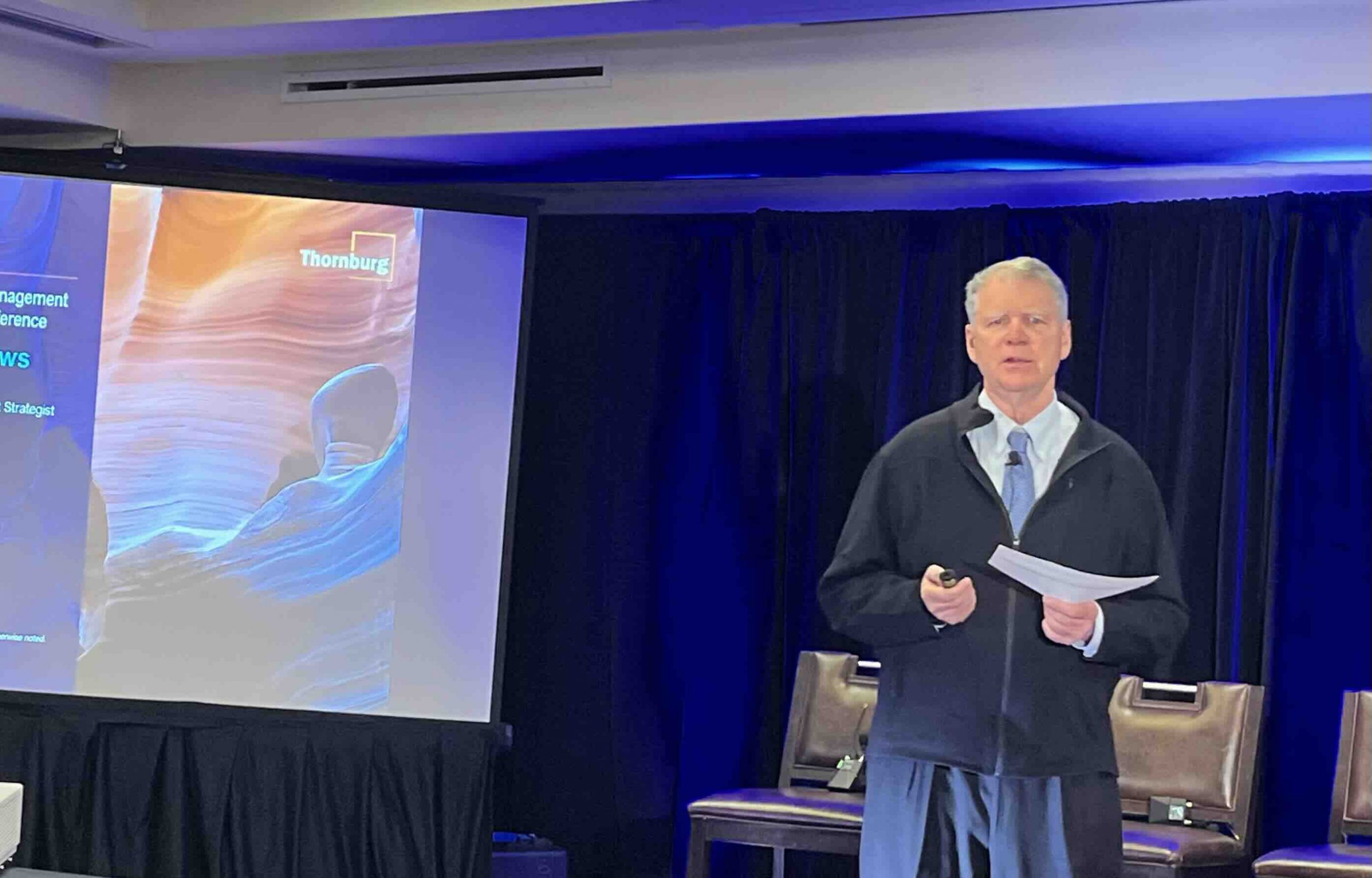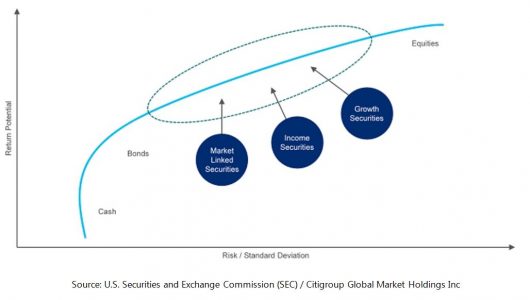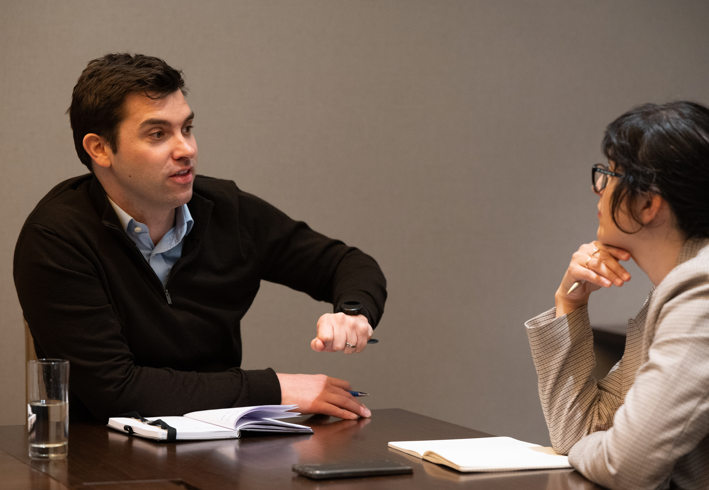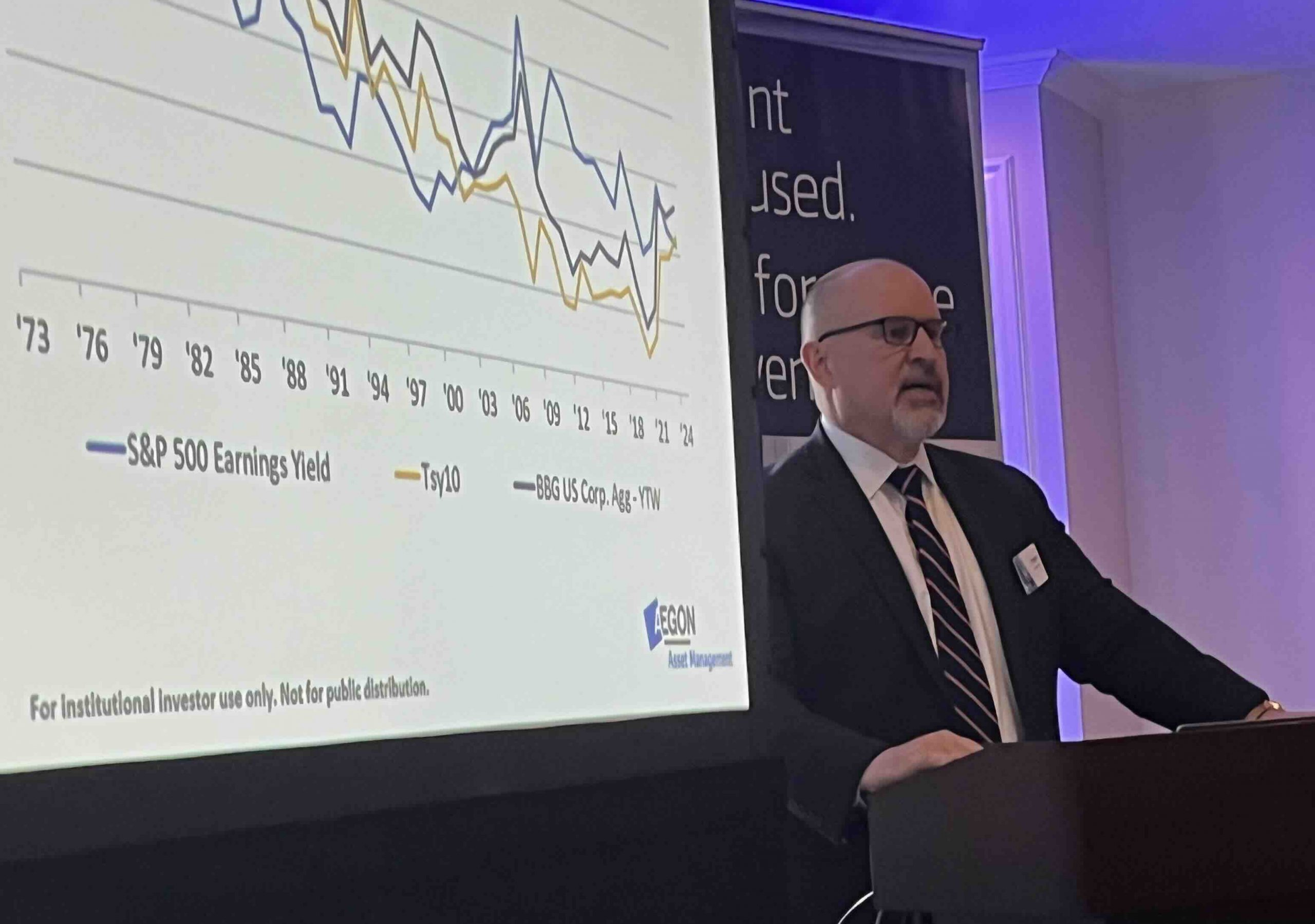The U.S. Economy Is Doing OK
| By Alicia Jiménez | 0 Comentarios

Brian McMahon, Vice-Chairman and Chief Investment Strategist at Thornburg, shared his market views for 2024 at the Thornburg Spring Due Diligence Conference in Santa Fe. These are some of the take outs of his presentation, which in a nutshell highlights that the US economy is basically doing OK. This is quite an affirmation, coming from McMahon, who is truly one of the who’s who professionals of investments having been in the market for over 40 years.
Likelihood of a Recession
McMahon noted that the consensus predicts a 35% chance of a recession in the next year, down from over 60% odds a year ago. He cited positive economic data like high job openings and low unemployment as reasons he doesn’t see the ingredients for a classic recession.
Demographics and Economic Growth
Demographics have played a significant role in US economic growth over the past few decades. McMahon pointed out that the US population has grown by 57 million people in the last 22 years, partly due to live births exceeding deaths but mostly due to immigration. This population growth, particularly immigrants, has been crucial for economic activity and job creation in the US.
Concerns about US Government Spending and Deficits
Brian McMahon raises concerns about the level of US government spending and deficits. He notes that government receipts have declined as a percentage of GDP while outlays have increased above 20% of GDP. For the politically minded, he also points out that the trailing 5-year growth rate of spending was 12% under the last Trump administration, compared to only 1% for receipts. With high deficits, the US is issuing significant amounts of new Treasury debt each year that investors need to absorb, now that the FED has stepped back from buying bonds. The investors are individuals, advised by financial advisors, and the new debt will be absorbed mostly through mutual funds and ETFs.
Composition of Ownership of Stocks in US
Households have consistently owned around 60% of US equities, though the composition has changed over time from direct ownership to mutual funds to now ETFs surpassing mutual funds. Pension funds have been net sellers of equities in recent decades as they have more retirees to pay out to and need to shift to less risky assets. Mutual funds have been small net sellers overall, with passive ETFs and index funds being big net buyers and active funds being large net sellers. And corporations, through share buybacks and mergers/acquisitions, have been the largest net buyers of equities. McMahon notes share buybacks have supported market returns, and they are a very good thing for investors.
Economic Indicators Suggesting Continued Strength in US Economy
Some of the economic indicators that currently suggest continued strength in the US economy include high levels of job openings relative to unemployment benefit recipients, wage growth trending above the 30-year average, positive retail sales growth in line with historical averages, strong employment levels that have surpassed pre-COVID highs, and double-digit expected earnings growth for the S&P 500 over the next two years.
In summary, McMahon’s presentation highlighted the continued strength of the US economy, with positive economic indicators and a low likelihood of a recession in the next year. However, he also raised concerns about US government spending and deficits, and the changing composition of ownership of stocks in the US.









